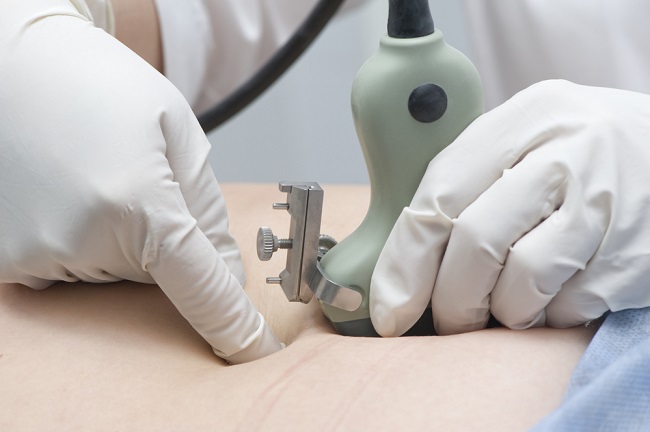Depression not only has a negative impact on psychological conditions or mental health, but can also damage the sufferer's brain. A number of studies have now found that people who experience depression are prone to premature aging of the brain and impaired brain function. Depression is a mood disorder or mood which makes a person's way of thinking and behavior change to become more moody, not enthusiastic about living life, even ideas or attempts to end life or suicide appear. Symptoms of depression are different from ordinary feelings of sadness or grief, which usually get better on their own. Without proper treatment, people with depression can experience a worsening of symptoms and quality of life. Depression can be experienced by anyone, be it children, teenagers, or adults. There are many factors that can cause depression, such as: In addition, heredity (having a family with depression) can also be a risk factor for a person to be more prone to depression. Some of the things mentioned above can cause depression because of their effect on impairing the performance and levels of brain chemicals (neurotransmitter) that affect a person's mood. Depression, which is a serious psychiatric problem, can disrupt brain function and damage brain tissue. Depression that is not treated properly can cause the following brain problems: Various studies show that depression can make the size of the brain in certain areas shrink. This shrinkage depends on how long the depression lasts and the severity of the depression. In people with depression, the parts of the brain that can shrink are: Normally, this hormone will increase in amount in the morning and decrease in the evening. But in people affected by depression, this hormone will continue to increase in number, either in the morning or at night. Not only the part of the brain that has been mentioned, depression is also thought to have an effect on damage and decline in the function of other parts of the brain. Several studies show that depression is related to a lack of oxygen in the body (hypoxia) which can damage body tissues and cells. Over time, this condition can cause the amount of oxygen in the body's organs to decrease, including the brain. The reduced oxygen in the brain in people with depression is thought to be caused by inflammation in the brain and the lack of smooth blood flow in the brain due to depression. Depression is also believed to be linked to inflammation in the brain. This inflammation can cause brain cells to die and reduce brain performance and function, and make blood flow to the brain not smooth. However, this still needs further research. Long-term depression can cause inflammation, damage brain tissue, and inhibit the brain's ability to repair damaged brain tissue and cells. This can cause the brain to age faster. Therefore, if left unchecked, depression can increase the risk of developing dementia or senile dementia. Because it can cause severe damage and impaired brain function, people with depression need to immediately get an examination and treatment from a psychiatrist or psychiatrist. If treated early, the effects of depression on brain damage can be prevented. But if it's severe and left to drag on without treatment, brain damage due to depression will be difficult to treat.
This is the impact of depression on the brain
1. Brain size shrinks
2. Limited supply of oxygen to the brain
3. Inflammation of the brain
4. Premature aging of the brain









